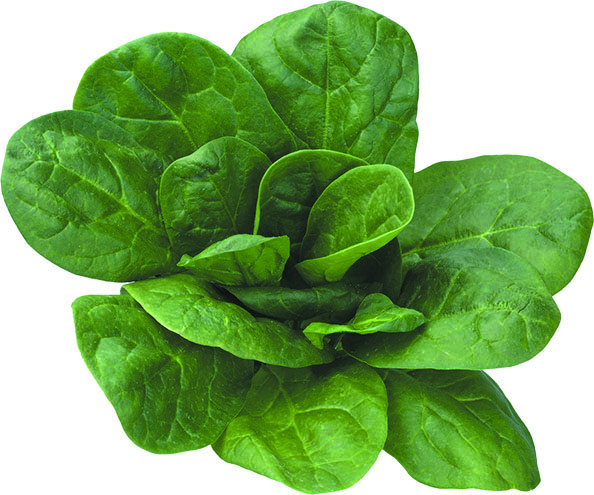A new spin for spinach: A scaffold for working heart cells
Research we're watching

Image: © Irimglow/Thinkstock
Spinach, like all green vegetables, is full of nutrients that may help prevent heart disease. But one day, this leafy green may also provide a novel way to repair a damaged heart, as described in the May 2017 issue of Biomaterials.
A team of researchers used detergent to dissolve the cells inside a spinach leaf, leaving only the scaffolding of the leaf veins (which resemble blood vessels in the heart). Next, they seeded those veins with human heart stem cells. After five days, the cells spontaneously began to contract — and continued to beat for three weeks.
If a number of leaves were stacked up, some of the vascular networks could serve as arteries, with others serving as veins, the authors explain. The idea is to create a piece of heart tissue that could be used to repair the damage caused by a heart attack.
Of course, that possibility is still a long way in the future, with the new findings providing only the initial promise. But if successful, the spinach model offers the added advantage of being a truly "green" technology. Unlike animal models — which require feed and create waste — spinach is a renewable, low-impact, cost-effective resource.
Disclaimer:
As a service to our readers, Harvard Health Publishing provides access to our library of archived content. Please note the date of last review or update on all articles.
No content on this site, regardless of date, should ever be used as a substitute for direct medical advice from your doctor or other qualified clinician.












